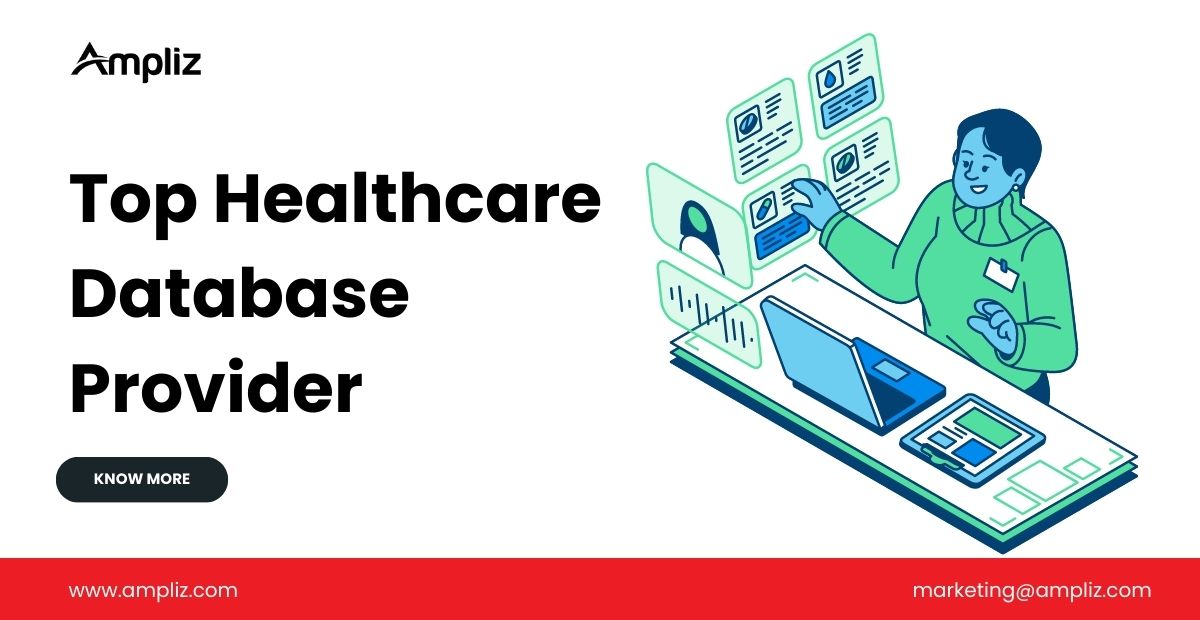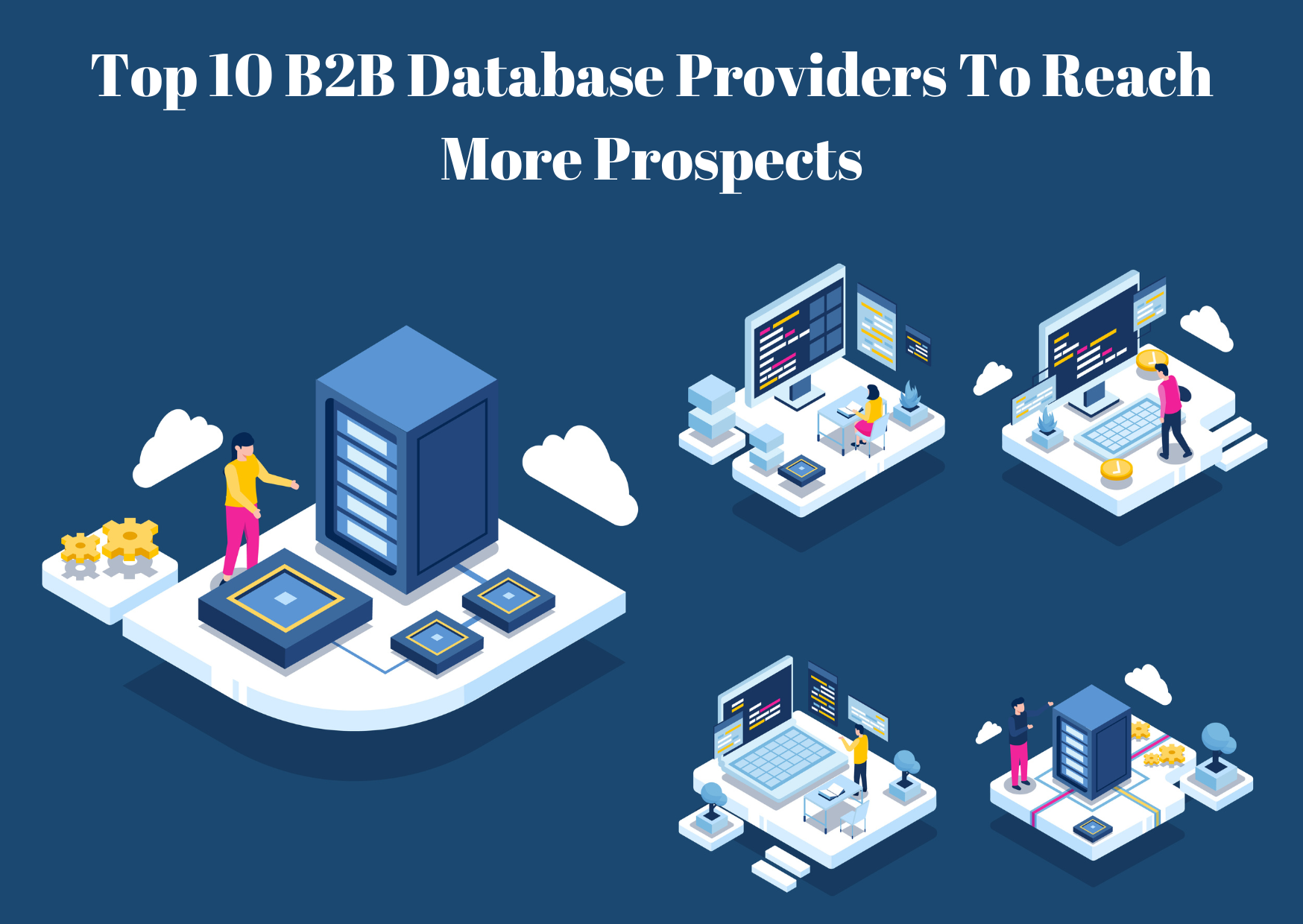Top Database Providers for Scalable Solutions in 2024
Top Database Providers for Scalable Solutions in 2024
Blog Article
Secret Features to Try To Find When Picking a Database Service Provider
Picking a data source service provider is a critical choice that can significantly affect your company's information and procedures administration technique. Amongst the essential features to take into consideration are scalability options, which ensure that your system can adjust to growing demands. Security measures, efficiency metrics, and client support also play critical roles in this assessment process. As you consider these elements, it becomes evident that the choice is not merely concerning performance however also regarding straightening with your long-lasting vision. What other factors to consider might influence this crucial choice?
Scalability Options
When picking a database company, understanding scalability options is crucial to guaranteeing that the chosen option can suit future development. Scalability refers to the capability of a data source system to broaden its capacity and performance in response to raised demand. There are two key sorts of scalability: straight and upright.
Vertical scalability, or "scaling up," includes boosting a solitary server's sources, such as CPU, RAM, or storage. This method can be affordable and simple for smaller sized applications yet may get to a limit where better upgrades are unwise or as well costly.
Horizontal scalability, or "scaling out," entails including much more servers to distribute the load. This method enables higher versatility and can fit significant increases in information quantity and customer website traffic (database provider). It is especially valuable for cloud-based data source solutions that can dynamically allot sources based upon demand

Protection Measures

When examining protection steps, think about the execution of security protocols (database provider). Data-at-rest and data-in-transit encryption are necessary to guarantee that sensitive info stays protected, also in case of a protection breach. Furthermore, search for providers that provide strong authentication mechanisms, such as multi-factor authentication (MFA), to further boost access control
Regular safety audits and compliance with sector standards, such as GDPR or HIPAA, are a measure of a service provider's dedication to information defense. Additionally, ask about their occurrence action plan; a durable plan can reduce the influence of any potential protection occurrence.
Efficiency Metrics
Assessing performance metrics is crucial for companies to make sure that their selected database company fulfills operational demands. Trick performance metrics include reaction scalability, time, and throughput, which collectively determine the effectiveness of database procedures under varying loads.
Response time is essential, as it mirrors how swiftly the data source can process questions and return outcomes. Organizations ought to seek metrics that show average action times throughout top and off-peak hours. Throughput, often gauged in purchases per second (TPS), provides understanding into the database's capacity to manage high quantities of demands without efficiency degradation.
Scalability examines the data source's capacity to grow with the company's needs. A robust data source service provider need to show horizontal and upright scaling abilities, permitting for seamless adjustments as demands rise and fall. Furthermore, recognizing latency, specifically in dispersed systems, can assist companies examine the responsiveness of the data source across different geographical places.
Client Support
Trusted customer support is a foundation of effective database management, giving organizations with the assistance needed to maximize and settle problems performance. When picking a database provider, evaluating the degree of consumer assistance they supply is crucial. A robust assistance system ought to include several networks of communication, such as phone, email, and live conversation, making certain that individuals can access assistance whenever they require it.
Additionally, receptive assistance groups that are offered 24/7 substantially enhance the dependability of the data source solution. Motivate response times and reliable resolution of concerns can considerably reduce downtime and boost overall efficiency. It is also helpful to consider the schedule of specialized support workers, that can provide customized assistance based on a company's particular needs.

Prices Structure
When taking into consideration a database copyright, the prices structure is a pivotal factor that can considerably influence a company's budget and general method. A adaptable and transparent prices version is important for aligning the data source costs with business demands - database provider. Organizations must review whether the prices is based upon intake, per user, or that site a level price, as each model can yield different monetary ramifications gradually
It is essential to assess any type of added expenses related to the supplier's solutions, such as data storage space fees, deal expenses, and support charges. Some service providers might supply tiered rates, allowing scalability as the organization grows, while others could impose stringent limitations that can become costly as information needs boost.
Additionally, companies should take into consideration the long-lasting value of the database solution. While reduced initial rates can be appealing, they may not represent future upgrades, maintenance charges, or assimilation prices. Performing a complete cost-benefit analysis will assist identify one of the most suitable prices structure that stabilizes assistance, efficiency, and scalability, eventually making certain that the selected data source service provider aligns with the organization's functional and financial purposes.
Conclusion
In conclusion, choosing a data source supplier demands careful consideration of different critical features. Scalability options ensure adaptability to future growth, while robust safety and security steps secure sensitive details. Assessing performance metrics makes it possible for the recognition of effective databases, and available client support enhances the total customer experience. A transparent prices structure additionally contributes to informed decision-making. By thoroughly analyzing these factors, companies can make critical options that straighten with their lasting goals and operational needs.
Selecting a get more data source supplier is an essential choice that can considerably impact your organization's procedures and data administration approach.When choosing a data source service provider, recognizing scalability alternatives is critical to ensuring that the chosen solution can fit future development. When picking a database copyright, assessing the level of client support they use is necessary.When considering a database supplier, the rates framework is a pivotal factor that can significantly impact an organization's budget and total approach. Performing a thorough cost-benefit analysis will certainly aid determine the most appropriate prices structure that stabilizes scalability, support, and performance, ultimately making certain that the picked database service provider aligns with the company's monetary and operational goals.
Report this page